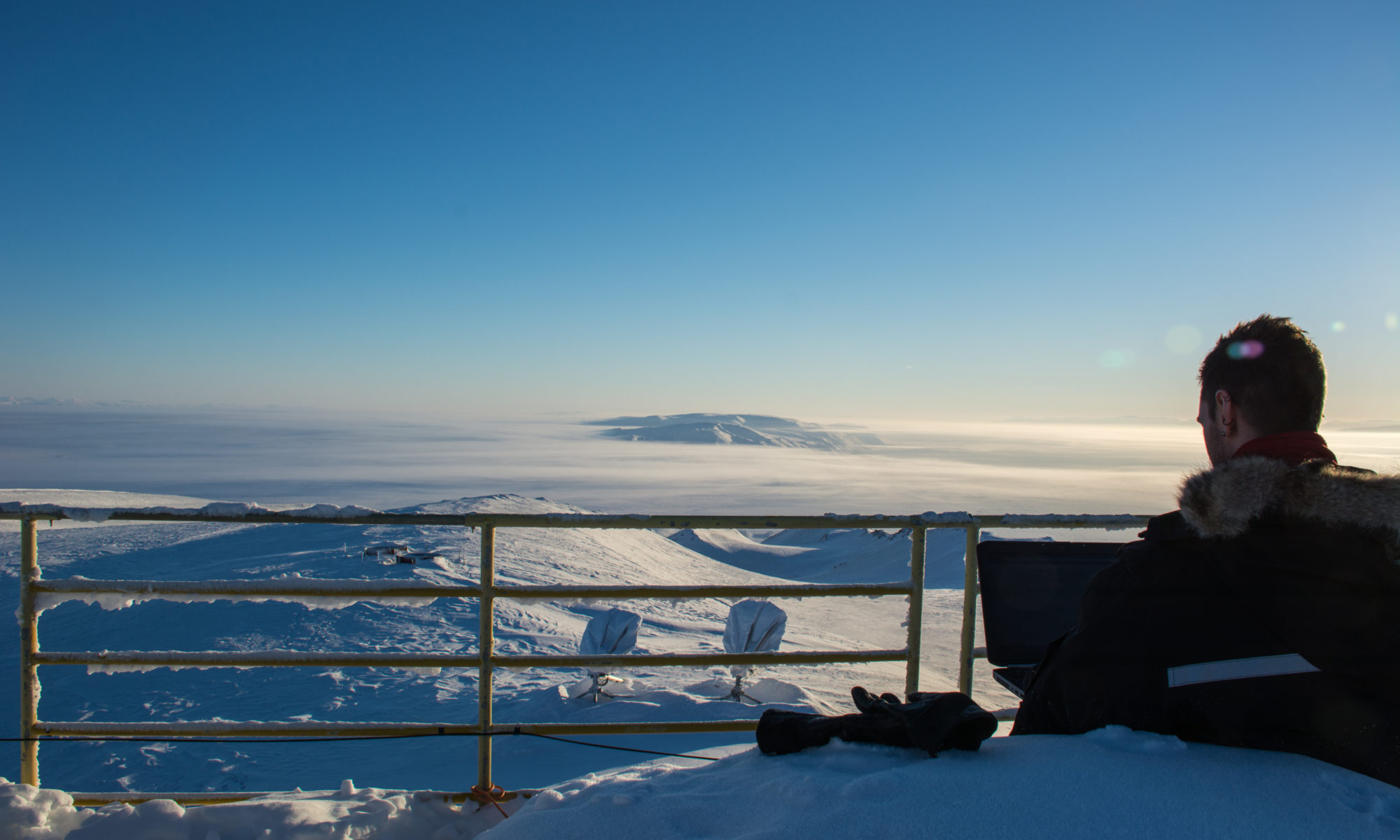A couple months ago, on Sept. 27, there was a global climate strike.
I didn’t attend.
I had to teach classes, despite many colleagues (including me) signing an open letter to U of T asking classes to be cancelled (Varsity article). It turned out to be a valuable opportunity.
U of T did suggest that instructors avoid penalizing students for attending the climate strike. I announced that there would be no penalty for not attending that day. About half the class didn’t show up, hopefully deciding to contribute their voice to the event.
I guessed that the students who *did* come to class instead of attending the climate strike were more likely to be skeptical about climate science and the significance of the issue. At the start of lecture, I opened the floor to any questions about climate science.
Not being at the event put me in the room with one of the most important audiences: people who are *not* already persuaded that climate science is robust and that action is needed. It was a good opportunity to engage with them.
There were definitely some skeptical of the science and humanity’s contribution to climate change. Students were quiet at first, but after a couple of people asked questions, e.g., the evidence of actual warming, more questions started to flow.
I was told some didn’t feel comfortable asking initially because they expect to be scolded for having the “wrong” opinion. Once it became clear that I wasn’t judging them and having a genuine Q&A, the session became interesting and more students got involved. We used the hour.
I’m mentioning this now at the end of term because this started an ongoing conversation with a few students, who came to me after lectures and at office hours throughout the term asking more questions about climate science.
I didn’t try to persuade them to support a specific policy or accept a specific idea. But I did push them to think critically about the skeptical claims and to talk to people in the field when they have questions. There are many that generously make themselves available.
I was initially disappointed I couldn’t be at the climate strike. But in the end, I’m happy with how not attending turned out because of the engagement it created in some skeptical students.





